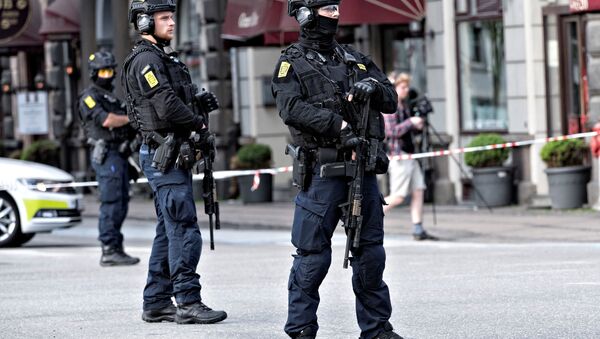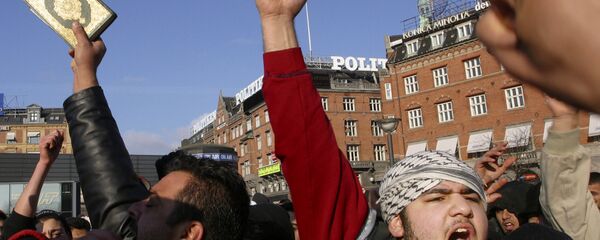However, the blasphemy clause was applied somewhat arbitrarily, as the publication of caricatures of the Prophet Muhammad, which kindled anti-Danish disturbances both within the Nordic country and in the Muslim world, failed to invoke a trial. Following the Mohammed cartoons controversy in 2005, Denmark made many enemies with Muslims, invoking more resentment than its less contentious Nordic neighbors.
According to the former chief of the Danish Intelligence Agency PET, Hans Jørgen Bonnichsen, repealing the controversial law could elevate the risk of a terrorist attack, making the small nation a target for jihadists.
"This is violating that which is most sacred to some people, like the Prophet Muhammad or burning the Quran. This can contribute to an increased terrorism threat," Hans Jørgen Bonnichsen told Danish Radio.
However, Danish Justice Minister Søren Pape Poulsen argued that the terrorist threat to Denmark is already so high that it would be actually difficult to raise it further, unless a concrete terrorist attack was to occur.
Earlier this year, Denmark banned six foreigners it had branded "hate mongers" from entering the country, following the publication of a corresponding blacklist. Although five people on the list were Muslim preachers, it also featured the Evangelical Florida pastor Terry Jones, who gained notoriety for burning copies of the Quran.
"Terror has become a normal phenomenon in Europe. Which of course does not mean we will accept it. Anyway, it will not disappear in the near future. Daesh and other groups are waging a low-intensity war against the western world," Swedish columnist Wolfgang Hansson wrote in his opinion piece in Aftonbladet on the latest wave of terrorist attacks across Europe.
Never miss a story again — sign up to our Telegram channel and we'll keep you up to speed!





